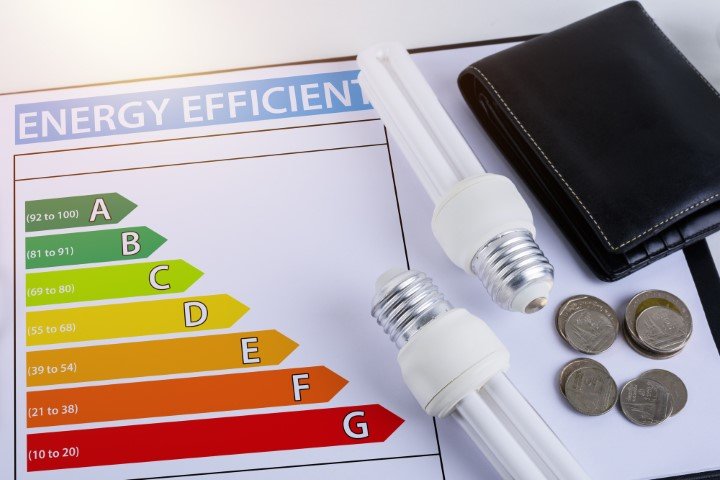Blog
Reducing Energy Consumption: Tips for Energy-Efficient Living
In a world increasingly aware of the need to combat climate change and reduce our environmental impact, one of the most effective ways individuals can make a difference is by reducing their energy consumption. Energy-efficient living not only helps combat global warming but also saves money and reduces the strain on natural resources. Here are some tips for incorporating energy-efficient practices into your daily life.
1. Upgrade to LED Lighting
Switching to energy-efficient LED (Light Emitting Diode) lighting is one of the easiest and most cost-effective ways to reduce energy consumption. LED bulbs last longer and use significantly less electricity compared to traditional incandescent bulbs. Make it a priority to replace all your light bulbs with LEDs.
2. Unplug Electronics When Not in Use
Many electronic devices continue to consume energy even when turned off but still plugged in. This is known as “phantom” or “vampire” power. To combat this, unplug chargers, appliances, and electronics when they’re not in use, or use smart power strips that cut off power to devices when they’re turned off.
3. Use Energy-Efficient Appliances
When it’s time to replace appliances like refrigerators, washing machines, or dishwashers, choose models with the ENERGY STAR label. These appliances meet strict energy efficiency guidelines and can significantly reduce your energy consumption.
4. Seal and Insulate Your Home
Proper insulation and sealing gaps and cracks in your home can make a substantial difference in energy efficiency. Insulate your attic, walls, and basement, and use weather stripping and caulk to seal any air leaks around windows and doors.
5. Adjust Your Thermostat
Optimize your thermostat settings to conserve energy. Lower your thermostat in the winter when you’re asleep or away from home, and raise it in the summer. Consider installing a programmable thermostat that can automatically adjust the temperature based on your schedule.
6. Embrace Natural Lighting
Maximize the use of natural light during the day to reduce the need for artificial lighting. Use curtains or blinds to control sunlight and prevent overheating during the summer.
7. Practice Water Conservation
Conserving hot water can save energy. Fix any leaky faucets promptly, insulate your water heater and hot water pipes, and consider installing low-flow showerheads and faucets.
8. Invest in Renewable Energy
Consider installing solar panels on your home to generate clean, renewable energy. While the upfront cost can be significant, the long-term savings and environmental benefits are substantial.
9. Opt for Energy-Efficient Transportation
If possible, use public transportation, carpool, bike, or walk instead of driving alone in a gas-guzzling vehicle. If you’re in the market for a new car, consider a fuel-efficient or electric vehicle.
10. Practice Sustainable Cooking
Cooking efficiently can save energy in the kitchen. Use lids on pots and pans to retain heat, match the size of the pot to the burner, and consider investing in energy-efficient appliances like induction cooktops.
11. Air Dry Clothes
Whenever possible, air dry your clothes instead of using a clothes dryer. If you do use a dryer, clean the lint filter after every load to ensure it operates efficiently.
12. Regular Maintenance
Keep your heating and cooling systems well-maintained by scheduling regular check-ups and changing filters as needed. A well-maintained system operates more efficiently and can save you money in the long run.
13. Educate Yourself and Others
Stay informed about energy-efficient practices and share your knowledge with friends and family. Encourage them to adopt energy-saving habits in their homes as well.
14. Consider Home Energy Audits
A professional home energy audit can identify specific areas where your home can become more energy efficient. It’s an investment that can lead to substantial savings over time.
15. Monitor Your Energy Use
Use energy monitoring devices and apps to track your energy consumption. This can help you identify areas where you can make improvements and become more conscious of your energy usage.
By incorporating these energy-efficient practices into your daily life, you can reduce your carbon footprint, lower your energy bills, and contribute to a more sustainable and environmentally friendly future. Every small step you take towards energy efficiency makes a significant difference in the global effort to combat climate change.




